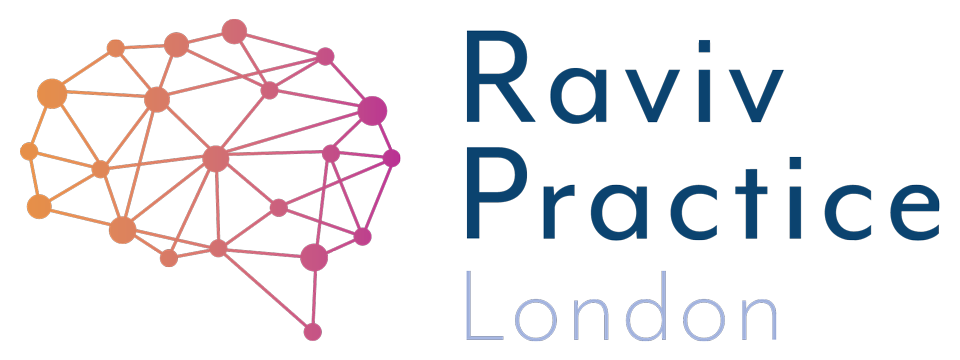Does your child hate spelling?
Reading acqusition preceeds writing and spelling. An interest in reading leads to building vocabulary and word recognition. Once spelling tests are introduced to the mix, children learn spellings and build a dictionary of words which they can use to build sentences.
But reading is not easy for all and worse still is spelling. Whilst reading, decoding, requires the child to put the phonic sounds in order. Not all children are able to do this and they read by word recognition or by sight. In comparision the process of spelling, encoding, is reversed. The brain is asked to retrive the sounds in the order appearing in that spelling. If that child is not processing sounds when reading the ramification impacts spelling. That child will not be able to retrive the sounds in the correct order to perform that particular spelling.
What makes make the English language so very complicated, is it not a true phonic language! An example of a true phonic language is Spanish. The sounds in the word match the letter sounds. Once you learn the letter sounds you can apply them to read and spell. In contrast, we have non-transparent words like 'was.' To a five year old it is not easy to explain the reading/spelling rule for the word 'was' ie; when the letter 'a' proceeds w in a word such as walk, water, warm it makes an 'o' sound. Instead that child just has to accept the word is not phonetically tranparent and 'learns it by rote,' both when reading and spelling. As a result the systematic process of decoding letters is not relied on by new readers and it is only by being an avid reader can you acquire the complexities of spellings.
Summarising barriers to spelling a child my have
poor handwriting ability ( or fine motor coordination problems)
poor phonic knowledge
poor visual memory for irregular spellings
poor sequencing skills for working out regular spellings
poor long term memory for remembering spelling rules
